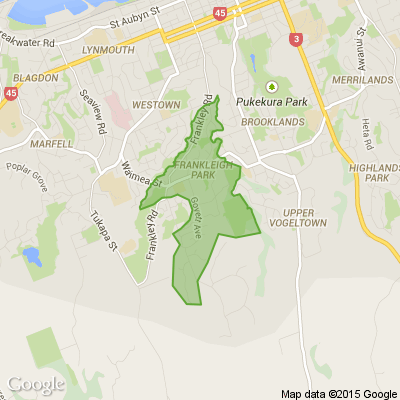Seasons for Growth - Volunteer Companions
Seasons for growth is a well-researched and respected early intervention education programme used in support of 6-18 year olds who have experienced a loss or major change in their family through death, parental separation or divorce, migration, imprisonment, fostering, relationship break-down or any similar significant change.
It was written by Anne Graham, an Australian professor of Childhood Studies at Southern Cross University, NSW in 1996 and has been implemented in New Zealand since then. Since its beginning the programme has supported over 300,000 children and adolescents in New Zealand, Australia, Singapore, Scotland, Ireland, England and Wales.
It is based on the belief that change and loss are part of life and grief is a normal response to these losses.
It is also based on the Tasks of Grieving model of William Worden and it uses the metaphor of the natural seasons as a vivid, symbolic and familiar framework for connecting and experiences of grief.
The programme runs over 8 one-hour weekly sessions. Pre-arranged small groups of similarly aged children or young people meet together for these 8 sessions. They are facilitated by screened, police- vetted and trained volunteers, known in the programme as “Companions”. These groups are mainly run in schools and usually during school hours, but sometimes after school. Many schools in Taranaki are familiar with this work and request to have the groups running for their students on a regular basis. The programme involves activities and discussion on topics including change, feelings, personal stories and self-care.
Groups run throughout Taranaki during each school term and each year there are 150 -200 youngsters participating in a group somewhere in the province.
There is currently a recruitment drive for volunteers to train as Companions for 2024
Important personal attributes include:
• Enjoy and care about children and young people, being fully committed to their safety
• Good listener and adaptable
• Be a team player, comfortable in group work and willing to learn
• Have some experience of change, loss and grief
• Have 2 hours a week for each 8-week program you facilitate.
• Have independent transport
• Police vetting requirement
Companion training for the Children’s and Young People’s Programme is being planned to run over two days on Friday 22nd and Saturday 23rd March, in New Plymouth and there is an application process required prior to this.
Ongoing support and training for Companions is an integral part of this programme.
There is also training available for people interested in facilitating the Adult and Parent programmes as well as the LTI Programme for 5 – 18-year-olds living with loved ones who have serious illness.
If you are curious to learn more about any of the programmes and / or you are interested in becoming a Companion, please contact Wendy at Volunteering New Plymouth on 06 758 8986, Email: admin@vnp.nz or Ph / Text 022 571 4228 to take the next step.

Poll: Should the government levy industries that contribute to financial hardship?
As reported in the Post, there’s a $30 million funding gap in financial mentoring. This has led to services closing and mentors stepping in unpaid just to keep helping people in need 🪙💰🪙
One proposed solution? Small levies on industries that profit from financial hardship — like banks, casinos, and similar companies.
So we want to hear what you think:
Should the government ask these industries to contribute?

-
59.3% Yes, supporting people is important!
-
25.3% No, individuals should take responsibility
-
15.4% ... It is complicated
A Neighbourly Riddle! Don’t Overthink It… Or Do?😜
Do you think you know the answer? Simply 'Like' this post if you know the answer and the big reveal will be posted in the comments at 2pm on the day!
If you multiply this number by any other number, the answer will always be the same. What number is this?

🌸 Flower Stall 🌸
Flower bunches from $1 🌻
1439 Egmont Road, Egmont Village
Honesty box and bank transfer is available
@earthbyemz 🌷








 Loading…
Loading…












